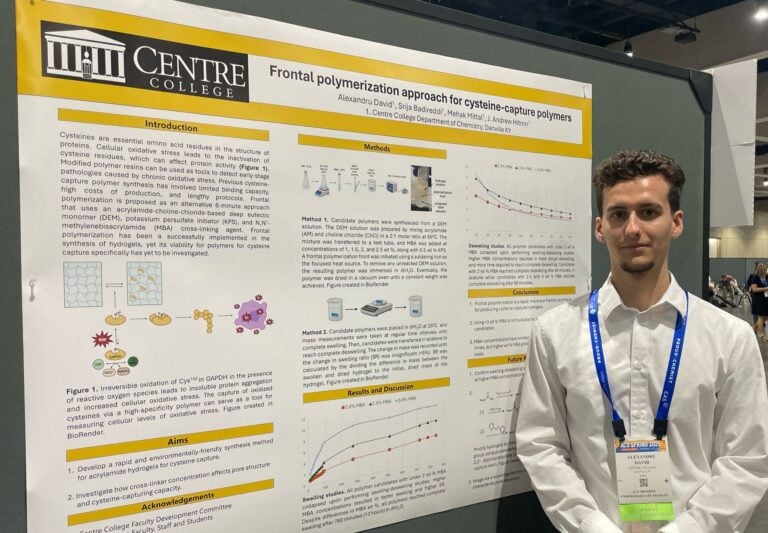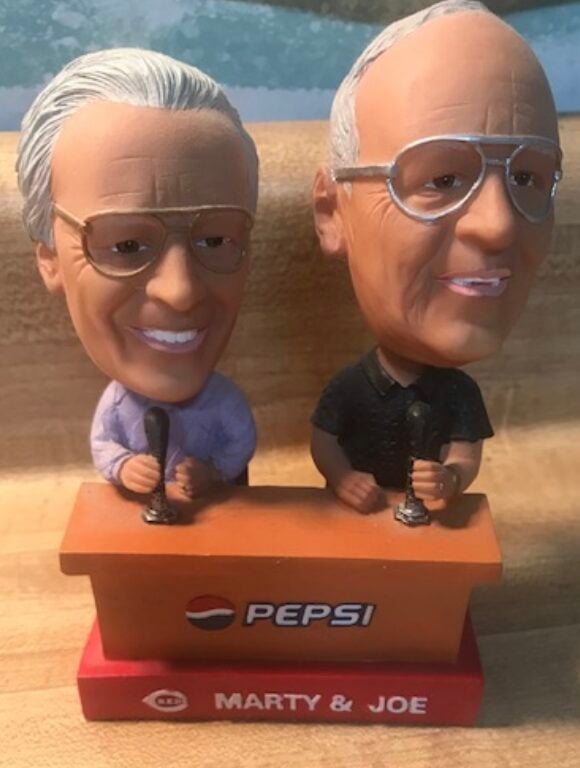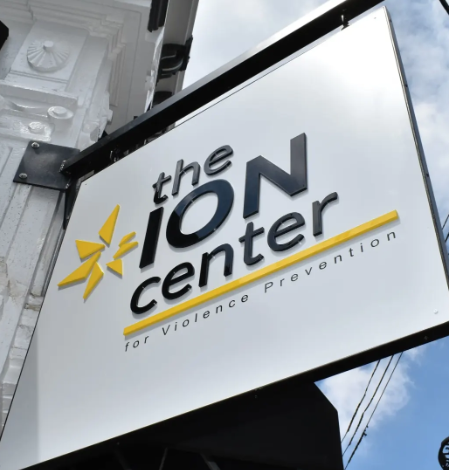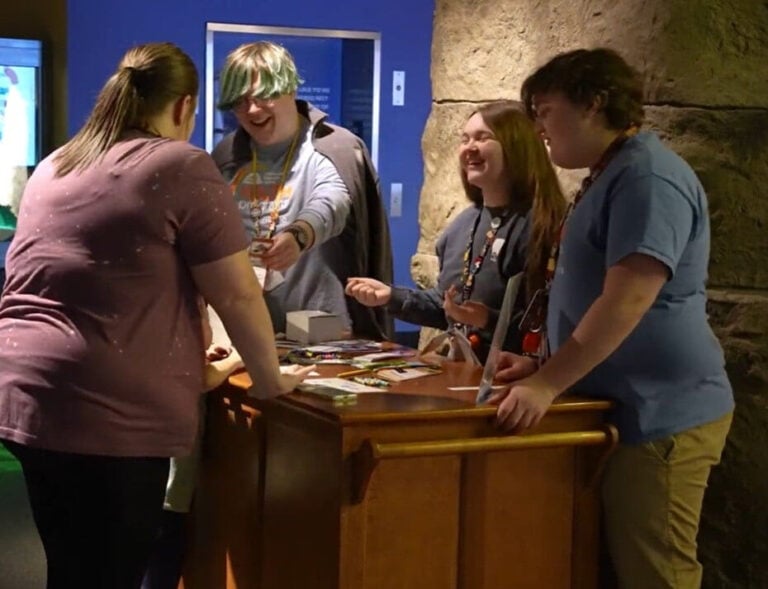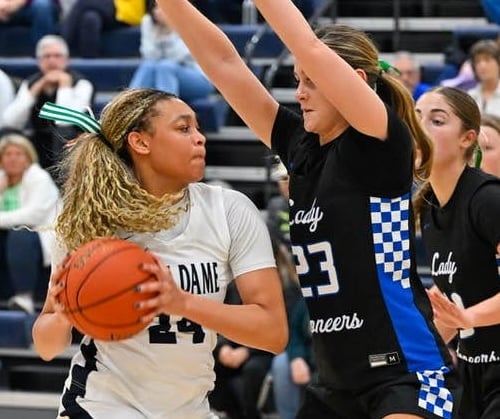“Peace is not a product that is bought; it is built day by day with justice, forgiveness, and love.” – Pope Francis
As Christians world-wide mourned the loss of Pope Francis, in just a few days, we were joyful with the welcome of Pope Leo XIV.
An American Pope? Certainly, Pope Leo’s roots are American but the people of Peru count him as one of their own. One report mentioned his dual citizenship, American and Peruvian. In his twenty-plus years of service as missionary, pastor, bishop and cardinal in Peru, he became at one with the Peruvians. He was known for his courageous challenges to the raging civil wars in Peru between various socialist organizations and the governmental forces and the war’s devastating effects.

From 1980-2000, the violent and brutal socialist Shining Path of guerillas battled the repressive Peruvian military, laying waste to cities, villages and countryside. The Shining Path was based in the Andean Mountains of central Peru in the city of Ayacucho. In the twenty years of endless conflict, more than 70,000 Peruvians perished. Finally, in December 2000, the final leader of the guerillas was arrested.
March 1999
During Thomas More College’s spring break, I accepted the invitation from a former student to visit her in Ayacucho, Peru. She was there for the year on a sabbatical from her teaching position in an urban Catholic school. Her assignment was in one of three Catholic orphanage/schools there, teaching, and serving as a dormitory mother.
Going to Peru as her guest was quite different from seeing a country as part of a fellowship. We stayed in seminaries or convents which were amid the native population, so we mingled daily with the local people going about their regular lives.
And this was my first time in the reverse seasons of the Southern Hemisphere, so very interesting. In March, it was the end of their summer. Strange to see in March, the children in the towns, cities, and villages scurrying around shopping for their beginning of school materials while in Northern Kentucky spring was heralding the end of the school year!
As we left Lima to head to Ayacucho, she gave me an overview of the recent history of the Ayacucho area. The Shining Path’s violence had dominated every life for decades.
Children in the orphanage had witnessed their parents slaughtered. The Shining Path forces were equally men and women. As both parents waged war against the government, toddlers and children fended for themselves. Orphans, discovered in the aftermath, were taken to one of the orphanages.
As we arrived at the orphanage, I was impressed with the cleanliness but at the same time, the basic, simple quality of life’s minimals. There was no evidence of extras or abundance of anything. If there was water, the large courtyard was hosed clean each day.
The children appeared healthy. Taught to care for their few things, boys rotated their laundry chores, hanging the whole boys’ houseful of laundry on the rooftop lines. Of course, the girls did their own laundry, too. From the rooftop, I could see the little farm that they maintained which provided the meats and vegetables that fed them.
I was stunned by the silence as the children went about their tasks. No indication of enjoyment or displeasure or socialization. Stunning. I refrained from speaking but would have struggled for words.
Then we headed to the nursery. The main building’s top floor housed rooms for infants and toddlers. Each of the rooms was set up for the particular needs of the age groups.
In the room for four-month-olds, the twelve babies had just awakened from their afternoon naps. Two women attendants were steadily busy, easily going from baby to baby, bathing, changing diapers, propping bottles against the carriers. The babies in their carriers were lined up on the floor along a wall. While the air smelled wonderfully of clean babies, there were no baby sounds of comfort or complaint. Silence again.
There were twelve babies in this age group. How adorable they were with their lustrous black hair and eyes, clean clothes, bibs, and socks.
But bottles propped against each carrier? I asked if I might help by feeding one of the babies.
Given the okay, I picked up a dear baby who was about three months old and settled in a rocker. These little ones were sturdy and healthy. No snuggling, she didn’t relax. She was staring at me so seriously, trying to figure out who this stranger was, what I was doing. I tried playing peek-a-boo covering my eyes to surprise her with a big smile…no reaction…I was still being studied. The babies in their carriers were working away at their bottles.
I offered her the bottle. This baby would allow me to hold her but would not take the milk. She strongly turned her head from this side to that side, refusing the milk.

The women understood my frustration and smiled. These babies did not know about taking a bottle from a human being. In the orphanage, babies have bottles propped on rolled blankets. A dozen babies and just several caregivers…no time for holding during feeding. While these dear children were safe, clean, warm, rested, fed, getting excellent care, they were missing the nurturing of loving parents. I put the baby into her carrier, propped up the bottle and she suckled away. The reality was heart-breaking.
We left the nursery and headed to a patio area. I needed time to process the challenging images and truths. My friend, this former student, needed time to talk about her own experience.
She told me about the celebration of birthdays. Very simple but acknowledged and celebrated. When she had her own birthday there, one of her students asked her to wait as he hurried into his room. He returned with a small piece of paper, no bigger than a fifty-cent piece. It was a scrap from a printed newspaper or brochure. His only possession, stored under his pillow, and now he presented it to her as a birthday gift.
She was savvy enough to realize what was happening and graciously accepted his kindness, thanking him most sincerely. He nodded.
Sometimes there are no words.
We finished the week by traveling back to Lima, then Cuzco, and Machu Picchu but those few days with the orphans of war, of devastation, and silence linger in my memory still.
Learning of Pope Leo’s dedication to the people of Peru triggered a fresh round of prayers for those Peruvian children of war and the people who care for them. In Pope Leo’s early remarks, remembering the horrors of World War II, he said, “In today’s dramatic context of a third world war fought piecemeal…I, too, appeal to the powerful of the world…never again war.”
The world welcomes you, Pope Leo.
Judy Harris is well established in Northern Kentucky life, as a longtime elementary and university educator. A graduate of Thomas More, she began her career there in 1980 where she played a key role in teacher education and introduced students to national and international travel experiences. She has traveled and studied extensively abroad. She enjoys retirement yet stays in daily contact with university students.










